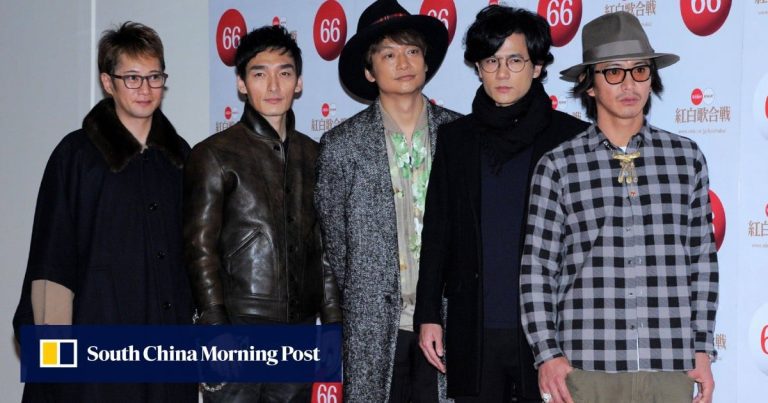Nakai, his management agency and the network were “arrogance” in their dismissal of the issue, one analyst said, noting that it took foreign influence to bring the scandal to light.
“They tried very hard to keep this quiet, but they failed and all the reports coming out today show the Japanese public how lax governance is in the entertainment industry and how they are able to close ranks to protect those in power who make so much money for TV companies,” said Makoto Watanabe, a professor of communications and media at Hokkaido Bunkyo University in Eniwa, Hokkaido.
The woman allegedly assaulted by Nakai “was sacrificed” so the industry could continue as normal, Watanabe said, adding that “what we are learning is just a glimpse of what is really going on behind the scenes.” .
“And then – and I find this unbelievable – Nakai released a statement saying that the issue with the woman had been ‘resolved,’ so he had done nothing wrong and would continue to work at the company ” Watanabe told This Week. in Asia.
“This arrogance triggered Japanese public opinion,” Watanabe said, adding that Nakai had effectively committed “professional suicide” with his statement. “People don’t want to see him anymore. »


